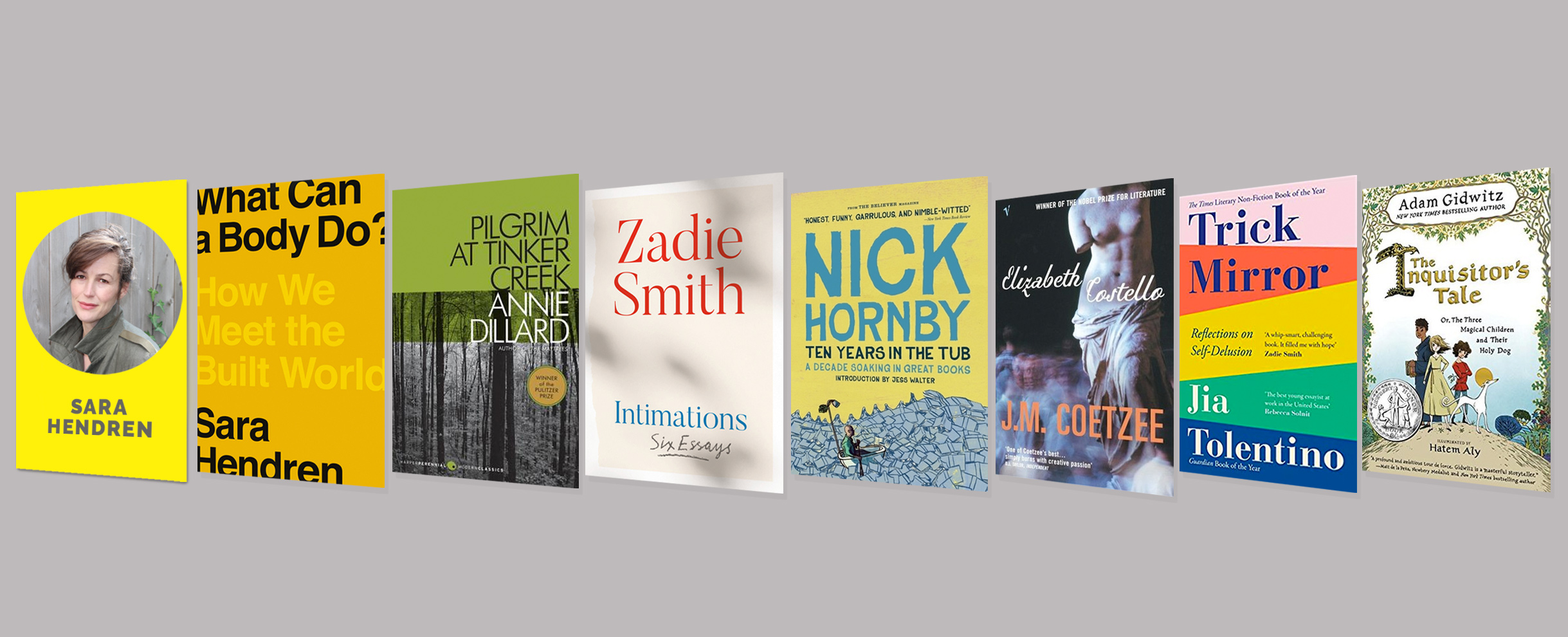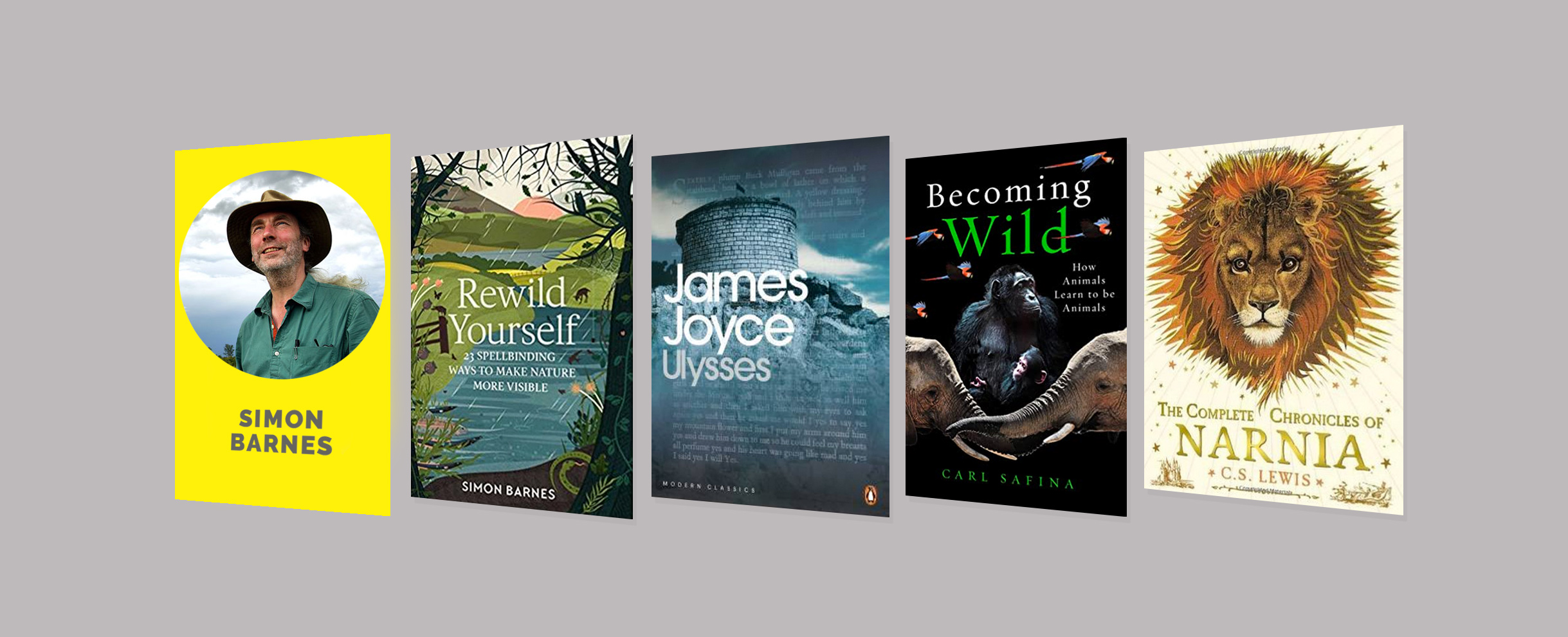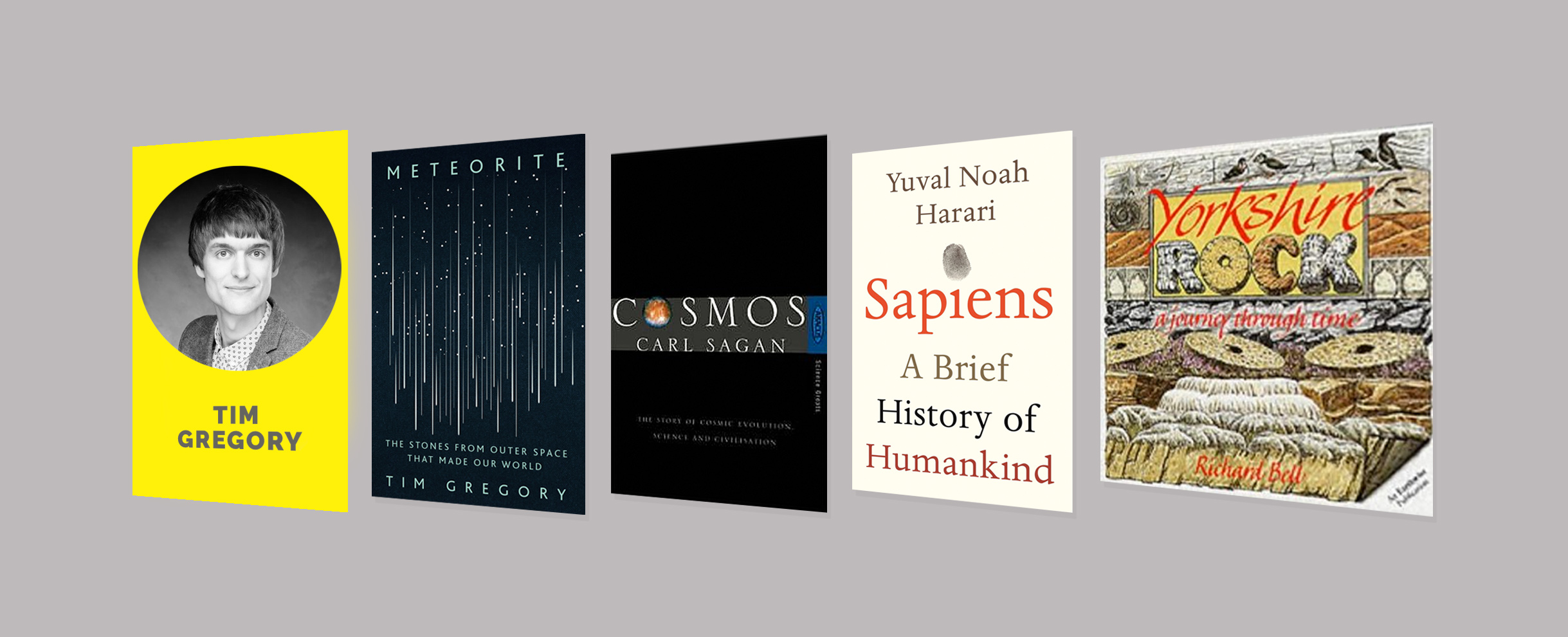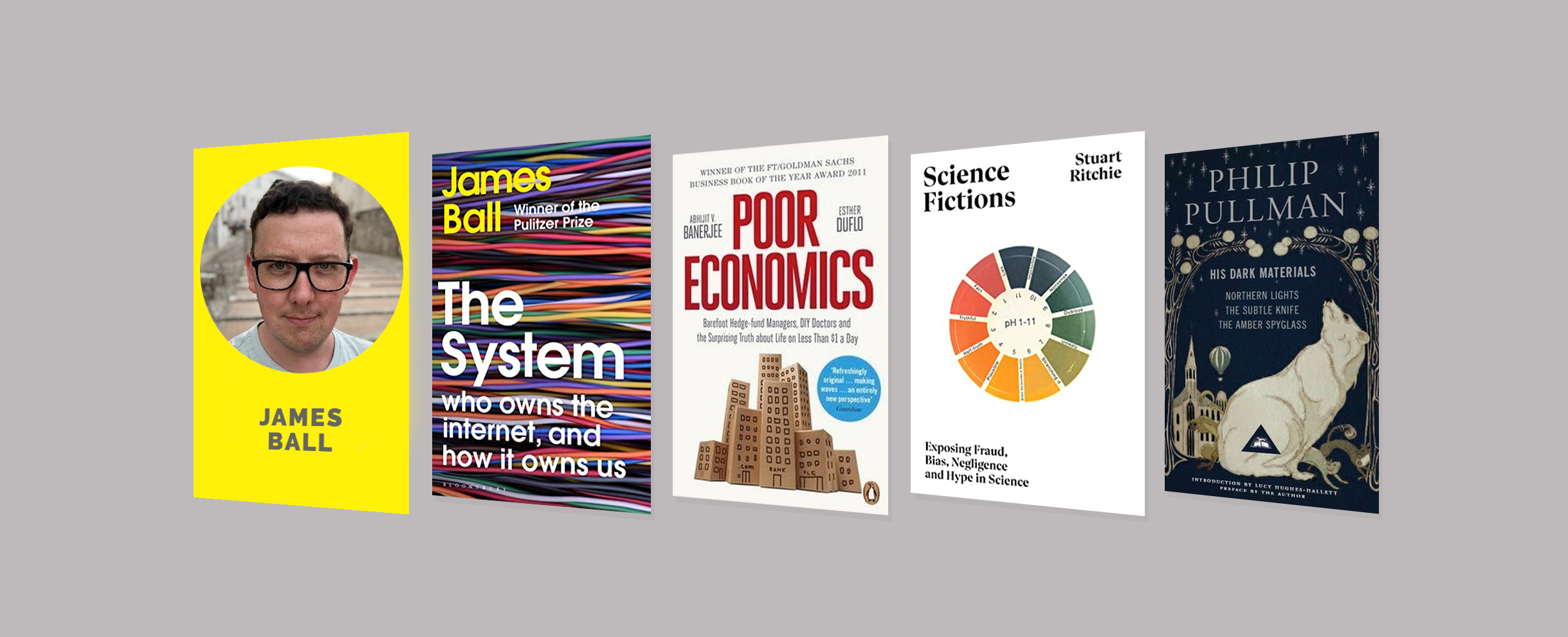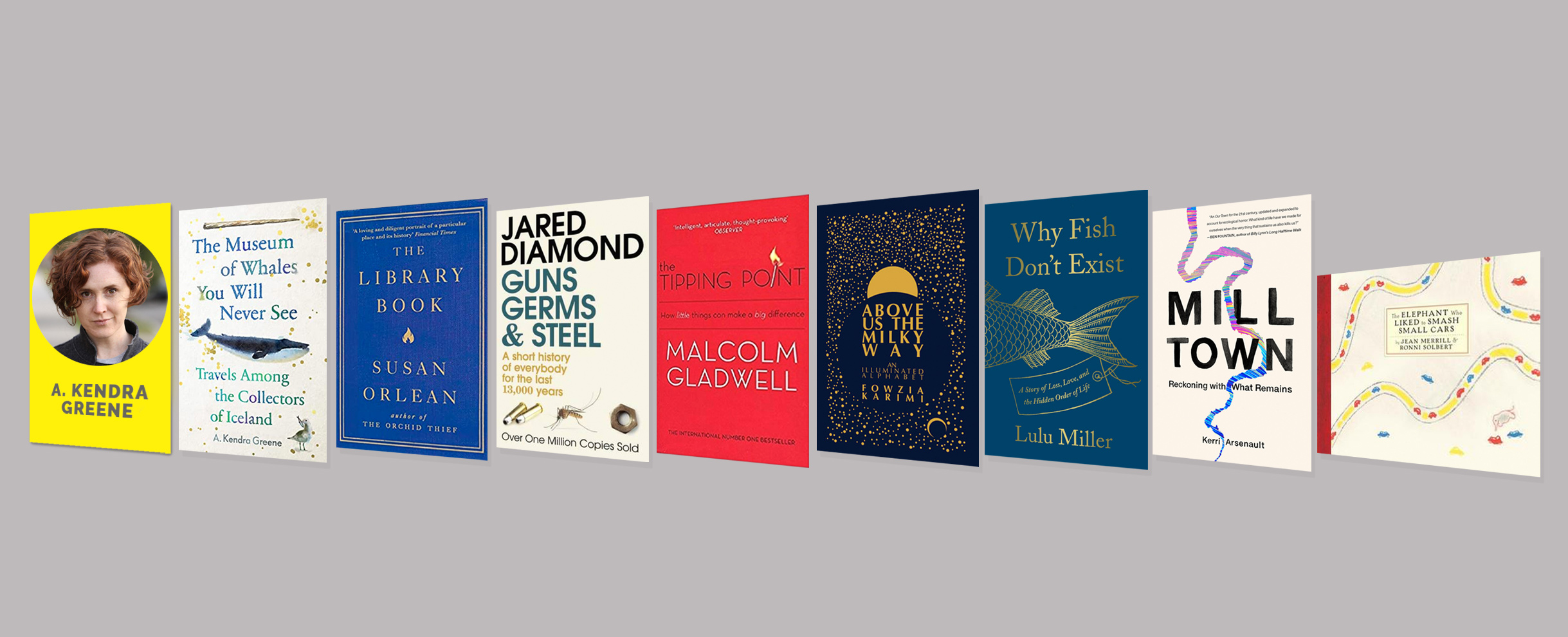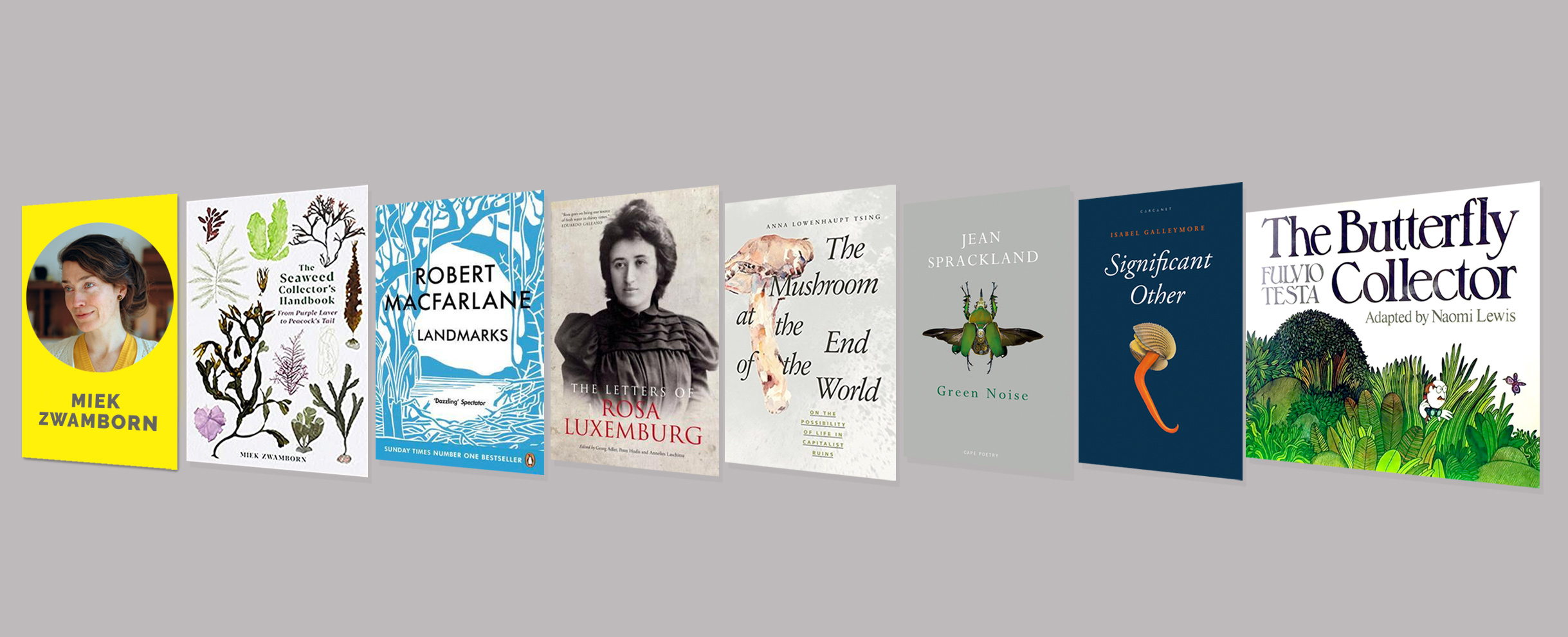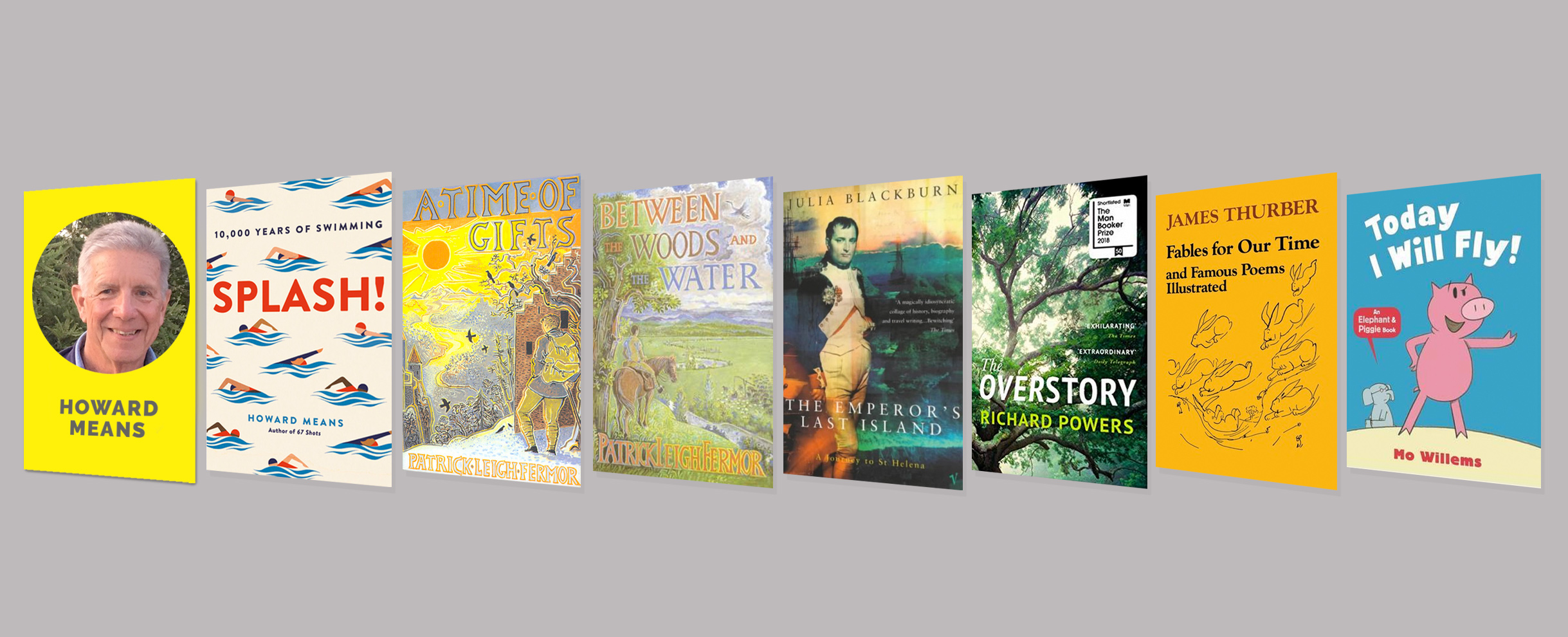Interview with Sue Black, author of Written in Bone: hidden stories in what we leave behind
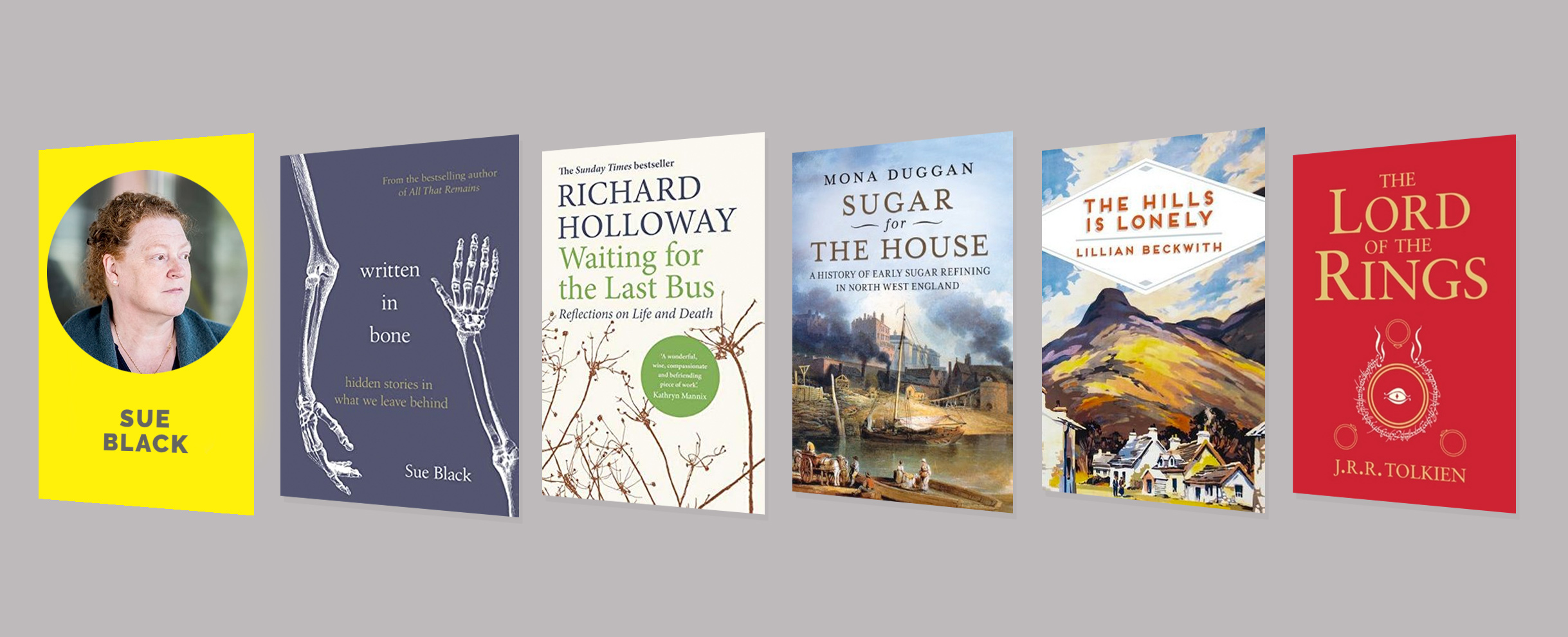
Sue Black, author of Written in Bone: hidden stories in what we leave behind, picks a lovely list of books to recommend to us! Before jumping into the interview, please check out Sue's book:
Review from Waterstones:
Our bones are the silent witnesses to the lives we lead. Our stories are marbled into their marrow.
(All affiliate links earn commission from purchases that help fund this site. Prices accurate at time of writing)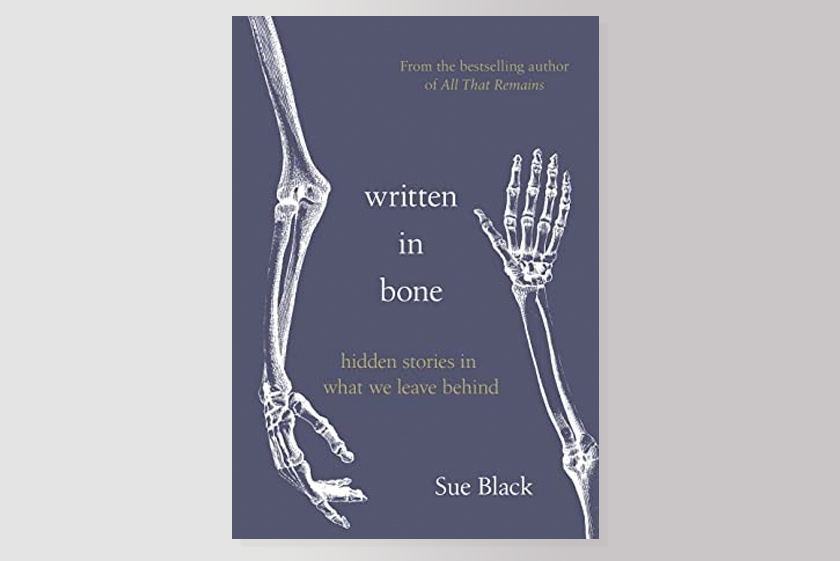
Written in Bone: hidden stories in what we leave behind
Drawing upon her years of research and a wealth of remarkable experience, the world-renowned forensic anthropologist Dame Sue Black takes us on a journey of revelation. From skull to feet, via the face, spine, chest, arms, hands, pelvis and legs, she shows that each part of us has a tale to tell. What we eat, where we go, everything we do leaves a trace, a message that waits patiently for months, years, sometimes centuries, until a forensic anthropologist is called upon to decipher it.
Some of this information is easily understood, some holds its secrets tight and needs scientific cajoling to be released. But by carefully piecing together the evidence, the facts of a life can be rebuilt. Limb by limb, case by case - some criminal, some historical, some unaccountably bizarre - Dame Sue Black reconstructs with intimate sensitivity and compassion the hidden stories in what we leave behind.
Buy On:
Book Depository €16.53
Waterstones £15.99
Wordery $18.31
Q. Do you have a favourite smart thinking book (and why that book)?
It is difficult to find a 'favourite', but probably Waiting for the last bus by Richard Holloway. Richard transports you so graciously and carefully as a passenger and companion through his personal musings, the staggering depth of his literary knowledge and understanding and then leaves you alone in peace to deep dive into your own soul. I have read it so many times but each time I come away with something new.
Review From Book Depository:
Now in his ninth decade, former Bishop of Edinburgh Richard Holloway has spent a lifetime at the bedsides of the dying, guiding countless men and women towards peaceful deaths. A positive and profound exploration of the many important lessons we can learn, this is also a stirring plea to reacquaint ourselves with death. Doing so gives us the chance to think about the meaning of life itself; and can mean the difference between ordinary sorrow and unbearable regret at the end.
(All links earn commission from purchases. Prices accurate at time of writing)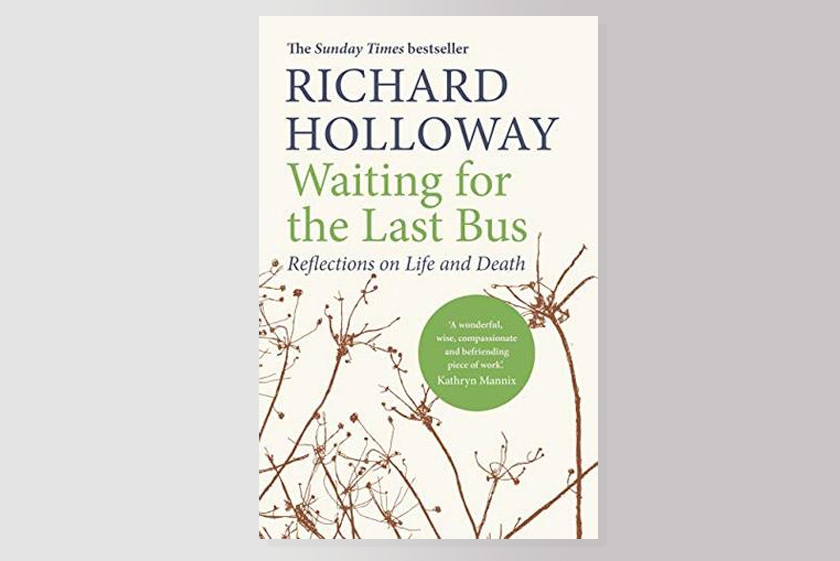
Waiting for the Last Bus: Reflections on Life and Death
Radical, joyful and moving, Waiting for the Last Bus is an invitation to reconsider life's greatest mystery by one of the most important and beloved religious leaders of our time.
Buy On:
Book Depository €9.03
Waterstones £9.99
Wordery $9.74
Q. What's the most recent smart thinking book you've read (and how would you rate it)?
I have just finished Mona Duggan's brilliant book on Sugar for the House: A History of Early Sugar Refining in North West England. This was a hidden history for me but came at the same time as the BLM movement and the link was not lost.
Review From Book Depository:
When the author discovered that sugar was being refined in a boiler at an inn in Ormskirk in the 1680s, only sixty years after the successful cultivation of the cane in the West Indies, she decided to plot the emergence of the industry around the region and discovered that a fascinating industry existed from an early time. Although sugar cane had been grown since classical times, it was not until the 1600s when it was introduced to the West Indies that refining came to the North West. Entrepreneurs from towns including Liverpool,Che ster, Warrington, Manchester, Lancaster and Whitehaven determined to invest in the process, each for their own reasons.
(All links earn commission from purchases. Prices accurate at time of writing)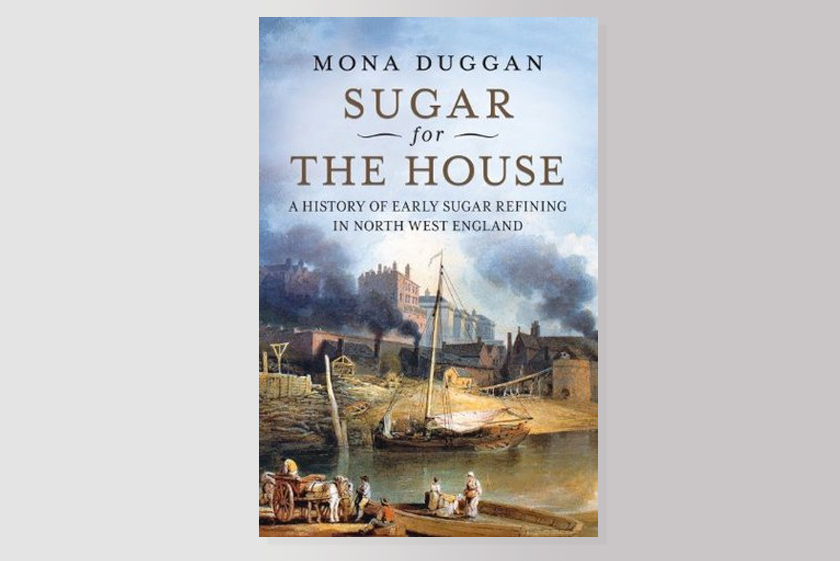
Sugar for the House: A History of Early Sugar Refining in North West England
The Danvers family moved their refinery to Liverpool after the plague and fire of London, while the Whitehaven refinery was built by Lord Lowther to exploit the coal deposits below his town. Similarly each centre had a different reason for its decline. The increase in the size of the ships created difficulties for importers in both Chester and Lancaster, while greed spelt disaster for both Ormskirk and Whitehaven. Nevertheless the growth of the industry led to an increase in the infrastructure of the region.
Using original documents to trace the influence of various personalities on the development and later decline of all but the Liverpool refineries, has been a fascinating project.
Buy On:
Book Depository €14.32
Wordery $13.75
Q. Do you have a favourite childhood book?
I am a fan of 'big' books and a Tolkien fan, but the one I remember with most warmth is Lillian Beckwith's The hills is lonely. My grandmother would sit and chuckle while she read - she came from that part of the world.
Review From Book Depository:
'I got the impression that they could imagine only two reasons why a woman should choose to settle down in Bruach: either that she was running away from the police, or escaping from a lurid past.'
(All links earn commission from purchases that help fund this site. Prices accurate at time of writing)
Review From Book Depository
Sauron, the Dark Lord, has gathered to him all the Rings of Power - the means by which he intends to rule Middle-earth. All he lacks in his plans for dominion is the One Ring - the ring that rules them all - which has fallen into the hands of the hobbit, Bilbo Baggins.
(All links earn commission from purchases that help fund this site. Prices accurate at time of writing)
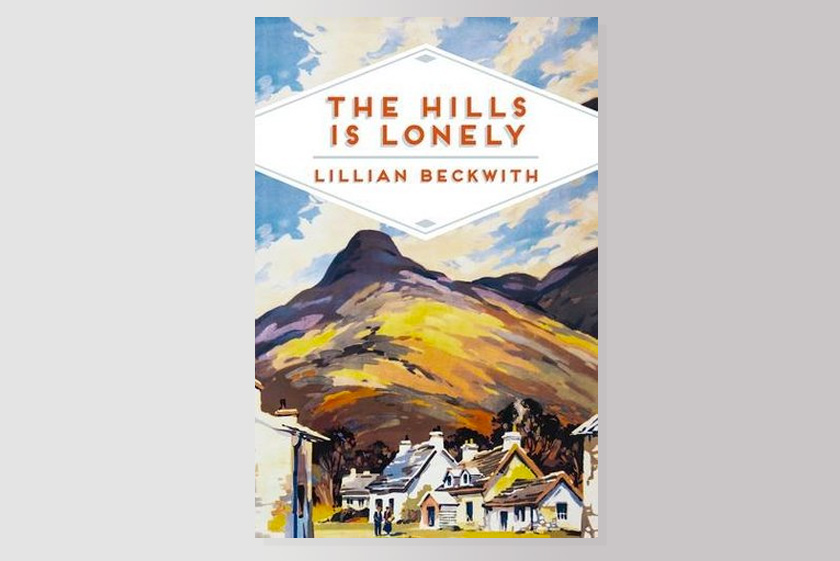
The Hills is Lonely: Tales from the Hebrides
Neither reason applies to Lillian Beckwith, in these classic stories based on her convalescence on an isolated Hebridean island where 'even the sheeps on the hills is lonely'. On the island of Bruach she observes, muses at and joins the native crofters in their unique rhythm of life; where friends fistfight in the evening and discuss bruises the next morning; where the taxi driver is also the lorry driver, coal merchant and undertaker; where the locals don't remove their hats during a funeral so their heads won't get cold; and where the post office's 'opening hours' fit around the daily milking of cows and not the other way round.
In a series of vividly drawn sketches, taking in birth, death, marriage and the seasons of life, Lillian Beckwith's writing is shot through with warm, cosy affection and droll wit.
Buy On:
Book Depository €7.71
Waterstones £9.99
Wordery $10.97
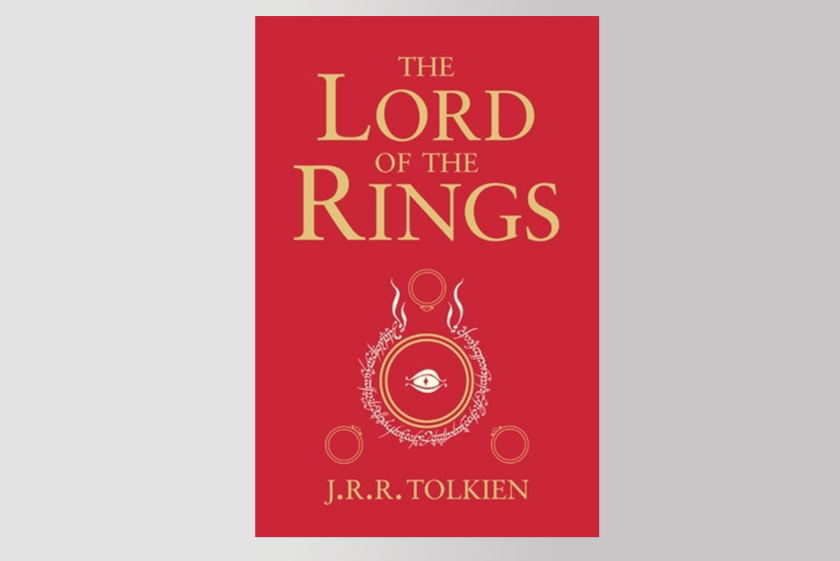
The Lord of the Rings
In a sleepy village in the Shire, young Frodo Baggins finds himself faced with an immense task, as his elderly cousin Bilbo entrusts the Ring to his care. Frodo must leave his home and make a perilous journey across Middle-earth to the Cracks of Doom, there to destroy the Ring and foil the Dark Lord in his evil purpose.
Buy On:
Book Depository €19.72
Waterstones £5.99
Wordery $21.04
Q. Do you prefer reading on paper, Kindle or listening to an audiobook?
Always paper. I don't do audio and I will use kindle for convenience, but it never feels like a genuine pleasure.
Q. Do you have a favourite bookshop (and why that shop)?
Any shop that still sells books is good. Waterstone's in Dundee has always been so very kind to me, but I do love a good rummage through Toppings in St. Andrews.
Many thanks to Sue for her lovely book recommendations! Please don't forget to check out her new book Written in Bone: hidden stories in what we leave behind.
Daryl
Image Copyrights: Transworld Publishers Ltd (Written In Bone), Canongate Books Ltd (Waiting for the Last Bus), Fonthill Media (Sugar for the House), Pan Macmillan (The Hills is Lonely), HarperCollins Publishers (Lord of the Rings).
< Home


